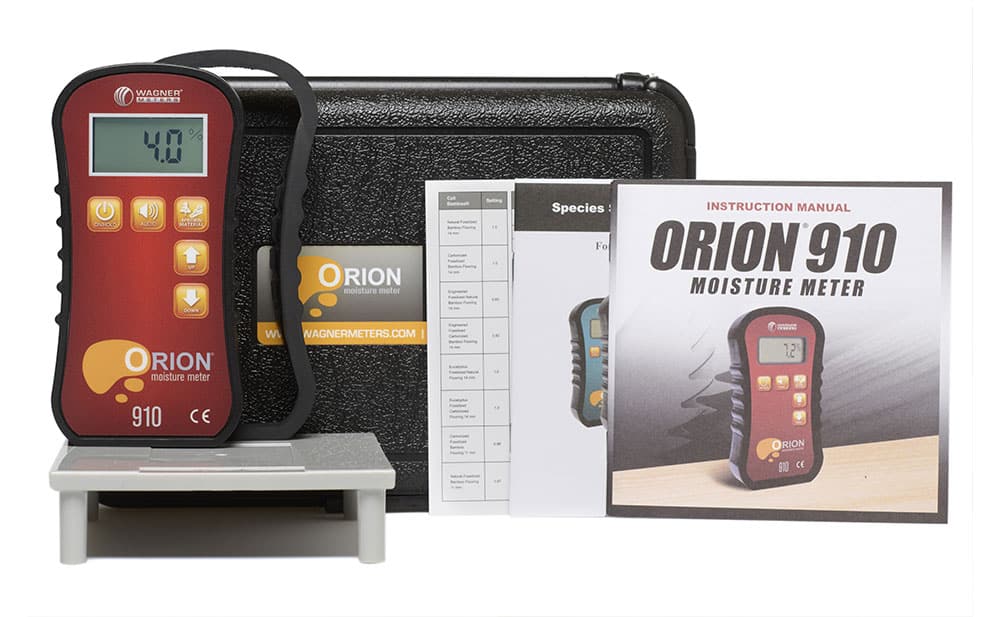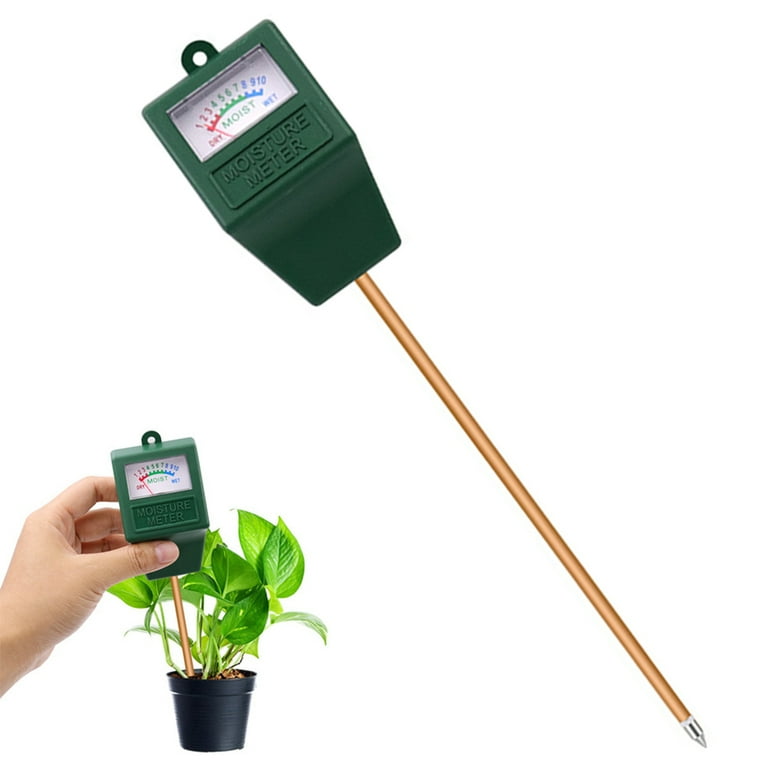Why Every House Owner Needs a Moisture Meter: Secret Benefits and Features
Why Every House Owner Needs a Moisture Meter: Secret Benefits and Features
Blog Article
The Ultimate Guide to Moisture Meters: A Comprehensive Overview and How They Can Conserve You Money
In the world of structure maintenance, building, and various markets, the relevance of precisely measuring dampness levels can not be overstated. Dampness meters act as vital tools in detecting and monitoring moisture material in products, assisting in preventing pricey problems and making certain the quality of products. Comprehending the nuances of various sorts of moisture meters, their applications, and the potential cost-saving advantages they supply can be a game-changer for services and professionals alike. Finding just how these tools can not only simplify procedures however likewise add to economic cost savings is a trip worth embarking on.
Kinds of Moisture Meters
One common type is the pin-type wetness meter, which determines the electric resistance in between 2 pins put into a material. Pinless dampness meters, on the various other hand, use electro-magnetic sensor plates to scan a bigger area without creating damages to the product's surface.
Infrared wetness meters gauge the thermal residential properties of a product to identify its wetness content non-invasively, making them valuable for applications where pin or pinless meters might not be ideal. Understanding the different types of dampness meters offered can help sectors choose the most suitable device for their certain wetness dimension demands.

Advantages of Utilizing Moisture Meters

In addition, using dampness meters can result in enhanced energy performance. By recognizing locations with high wetness degrees, such as leakages or bad insulation, changes can be made to enhance power preservation and lower utility expenses. In farming settings, wetness meters play an essential role in optimizing plant returns by enabling farmers to keep an eye on soil wetness degrees and make informed irrigation decisions. On the whole, the advantages of using dampness meters cover across various industries, offering cost-effective options and promoting much better quality assurance techniques.
Exactly How to Select the Right Moisture Meter
Choosing the ideal moisture meter involves thinking about essential factors such as product compatibility, measurement range, and calibration precision. When choosing a dampness meter, it's vital to make sure that the meter appropriates for the details product you will certainly be testing. Different products have varying electric homes that can influence dampness analyses, so picking a meter made for your material is crucial for precise outcomes. Additionally, consider the dimension variety of the wetness meter. Make sure that the meter can discover wetness degrees within the range required for your applications. Calibration accuracy is another essential element to maintain in mind (Moisture Meter). Go with a moisture meter with reliable calibration to ensure regular and precise readings. Some meters might need periodic calibration adjustments, so comprehending the calibration procedure is necessary. By thoroughly assessing these elements, you can select a moisture meter that meets your demands and supplies exact moisture measurements for your tasks.
Appropriate Strategies for Moisture Meter Use
To make sure exact dampness analyses and take full advantage of the performance of a wetness meter, utilizing proper strategies is important. When using a pin-type dampness meter, place the pins or probes into the product being evaluated up until they make full call. Guarantee the pins are perpendicular to the surface to obtain one of the most specific analysis. For pinless moisture meters, hold the device level versus the material and relocate slowly to cover the whole area for an average reading. It's vital to adjust the moisture meter according to the product being examined to boost accuracy. Take several analyses across the surface area and average them out for an extra reliable outcome. In addition, ensure that the product being checked is acclimated to the environment to avoid skewed analyses. Regular maintenance of the wetness meter, such as cleansing the pins or sensor, is also vital to guarantee accurate and consistent readings. By following these proper methods, customers can count on their moisture meter to provide credible dampness degrees, helping in avoiding expensive damages or making certain quality in different applications.

Cost Financial Savings Via Moisture Meter Applications
How can the strategic usage of wetness meters lead to considerable expense savings across various sectors? In the agriculture industry, wetness meters help in figuring out the you could look here optimum time for harvesting crops, More Info preventing over-drying or excess moisture that can impact the last product's high quality.

Furthermore, in the food handling sector, moisture meters are crucial for monitoring item top quality and guaranteeing compliance with safety and security regulations. By precisely measuring wetness web content in food, suppliers can protect against perishing, preserve freshness, and decrease waste, resulting in significant price financial savings. Generally, the tactical application of moisture meters is a valuable financial investment that can bring about considerable cost reductions and boosted effectiveness across numerous sectors.
Final Thought
In conclusion, moisture meters are useful devices for gauging and discovering dampness degrees in various products. By making use of the right wetness meter and adhering to correct techniques, individuals can properly prevent costly damages triggered by excess dampness.
Moisture meters serve as vital devices in detecting and keeping track of moisture web content in products, assisting in preventing costly damages and making sure the high quality of items. Infrared dampness meters gauge the thermal homes of a product to identify its wetness web content non-invasively, making them valuable for applications where pin or pinless meters might not be ideal.Moisture meters offer important advantages in accurately keeping an eye on and analyzing dampness degrees in varied products and environments. In agricultural Extra resources settings, wetness meters play an important function in enhancing crop yields by enabling farmers to keep track of soil wetness levels and make notified irrigation decisions.In conclusion, moisture meters are valuable devices for detecting and gauging dampness degrees in different materials.
Report this page